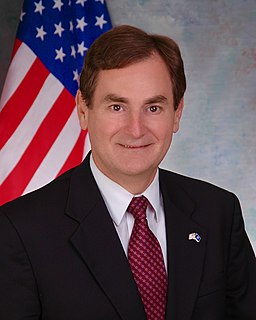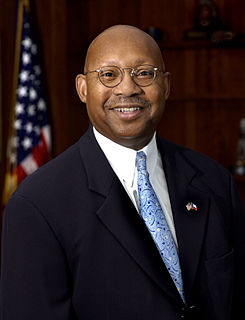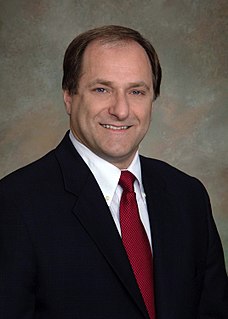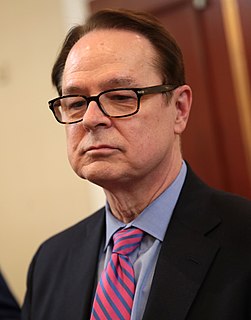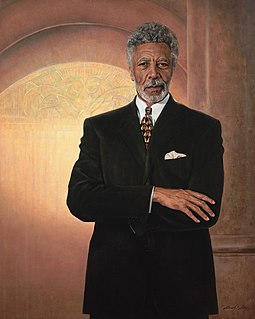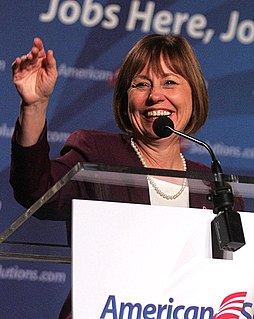A Quote by Richard Mourdock
Let's do away with the Departments of Education, Energy Commerce, Housing and Urban Development.
Quote Topics
Related Quotes
The real reason to abolish departments like Energy and Education is not to promote efficiency, nor even to save taxpayers’ money. It is that many agencies perform functions that are not Federal responsibility. The founders delegated to the Government only strictly defined authority in Article I, Section 8, of the Constitution. Search the entire Constitution, and you will find no authorization for Congress to subsidize the arts, finance and regulate education or invest tax revenues in energy research.
There are masses of people who need affordable housing in New York. I think that, politically, it is very difficult to give preference to artists over another group. Now, could there be an impressive envisioning process where developers would be asked to collaborate with urban designers? Maybe envision a large-scale development with local shops, dense housing, maybe a few towers, maybe a few mid-rise buildings, and art workshops in the mix? That would be great. I don't see a call for those proposals. But I think that it would not be outrageous to propose that kind of vision.
Every other word out of every other Chinese mouth is "development, development, development, development." And that's what they're talking about it - because they believe it, A, enables them, with development, to have the kind of status they want in the world, and B, it enables them to deal with their internal problems, having to do with poverty, urban-rural as well as the environment.
The government ought to be in the business of delivering health, education, housing, and basic services to people without a lot of game playing. There ought to be comprehensive childcare, a comprehensive approach to housing, a sane, rational way to finance education. But I also strongly believe in the notion of fundamental individual freedom.
As the world's "most dynamic" cities seek to manage their own urban growth, American state and local officials have much to offer. Our mayors can share their experiences in urban design, clean energy projects, Smart Grids, codes for energy efficient buildings, transportation safety, and innovative environmental solutions.
The Dallas model, prominent in the South and Southwest, sees a growing population as a sign of urban health. Cities liberally permit housing construction to accommodate new residents. The Los Angeles model, common on the West Coast and in the Northeast Corridor, discourages growth by limiting new housing.
